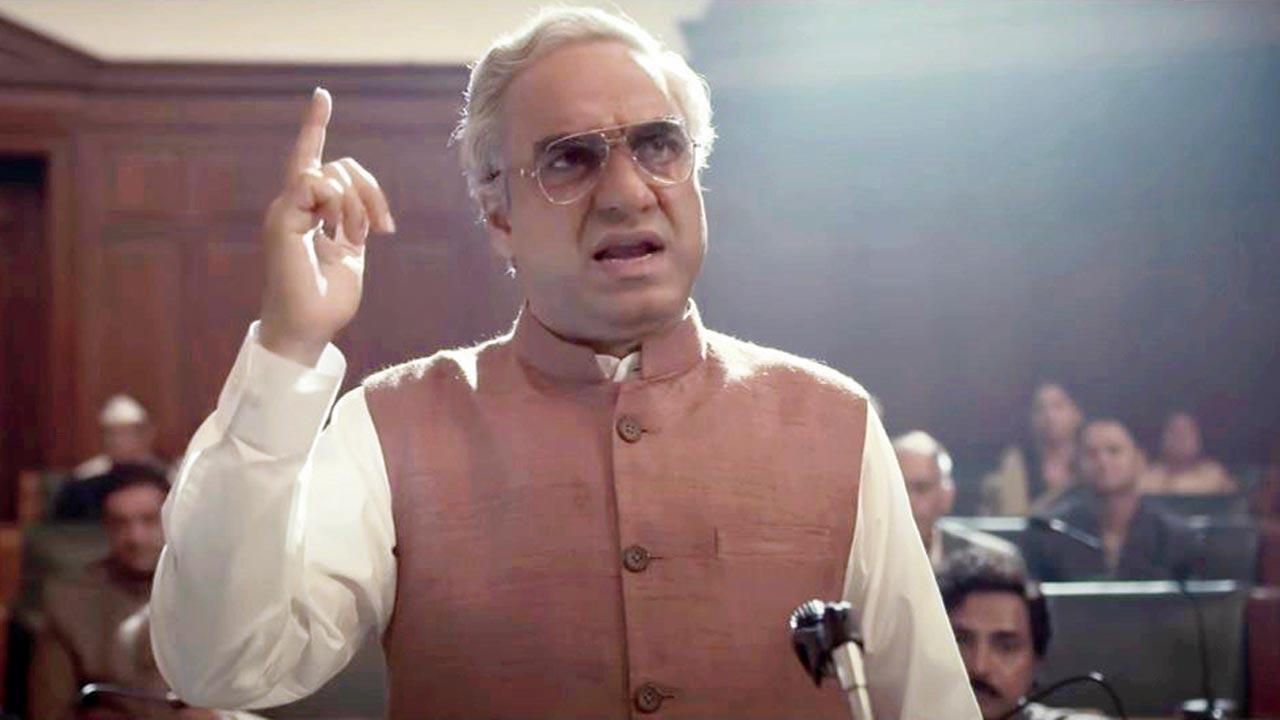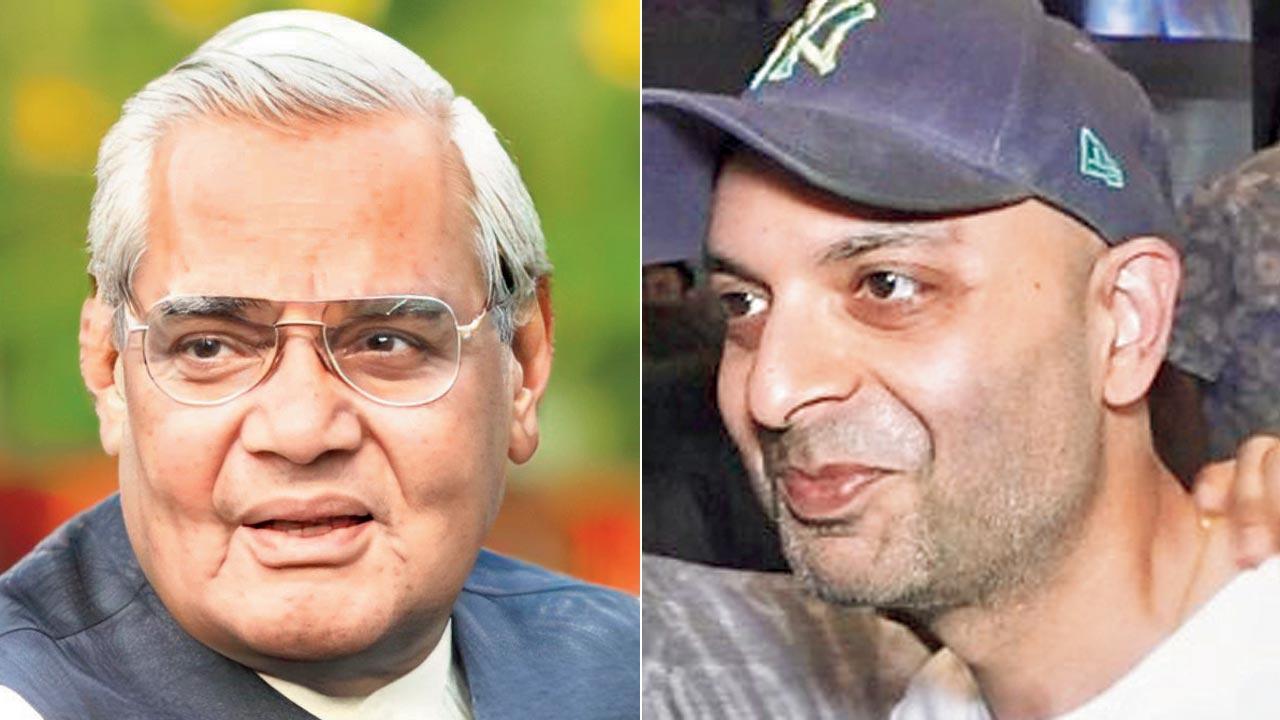Main Atal Hoon writer says only Tripathi embodies Vajpayee’s grace; discusses making a fitting biopic for late PM who put people first, on his 99th birthday

A still from the film
It’s not easy to encapsulate late Prime Minister Atal Bihari Vajpayee’s lifetime of work in a movie. Equally difficult was finding someone who could bring the much-loved politician’s warmth to the screen. On Vajpayee’s 99th birth anniversary today, writer Rishi Virmani recalls how director Ravi Jadhav and he pitched Main Atal Hoon to Pankaj Tripathi by narrating only the film’s first half-hour. “Main Atal Hoon couldn’t have been a dry political movie. It had to be witty, entertaining and hopeful. In my first meeting with Pankaj sir, I was supposed to give him a narration till the interval point. But since the film was difficult to write, it took me time to [crack the script]. On the day of the meeting, I had only the first 30 minutes of the film. I went to his place, feeling like a student who didn’t do his homework. But by the time we ended the narration, the flavour was spot-on and Pankaj sir was happy,” he grins.
ADVERTISEMENT
 The late Atal Bihari Vajpayee and Rishi Virmani
The late Atal Bihari Vajpayee and Rishi Virmani
At a time when the world is torn between left- and right-wing politics, making a leader’s biopic can be tricky. But Virmani says the idea is to show the statesman who prioritised public welfare over everything else. “He wasn’t here to rule, win elections or be a Prime Minister. He was a fiery man, who was aware that this democracy must prioritise people over every other interest. He wanted to make a generational impact.” The writer adds that the director thoroughly researched Vajpayee’s life, showing it not from the prism of right-wing politics, but from a place of empathy. “Ravi sir understood that the subject had to be handled with care. Ravi sir and Pankaj sir have depicted the story responsibly. Vajpayee stood for larger politics—the country’s ruling party is temporary, but the country and its people should be the top [priority].”
A sharp statesman and a talented poet, Vajpayee had the most important job in the country, but wore his responsibility with humility. Tripathi was the only actor who could have pulled it off, says Virmani. “We were clear that had Pankaj sir said no, we would’ve dropped the film. Mr Vajpayee had a relaxed energy that only he could capture. What unites them is their grace and dignity. Pankaj sir is also a mass hero; look at his work in Mirzapur and Criminal Justice. He has mass appeal and the film projects him in that light.”
 Subscribe today by clicking the link and stay updated with the latest news!" Click here!
Subscribe today by clicking the link and stay updated with the latest news!" Click here!







